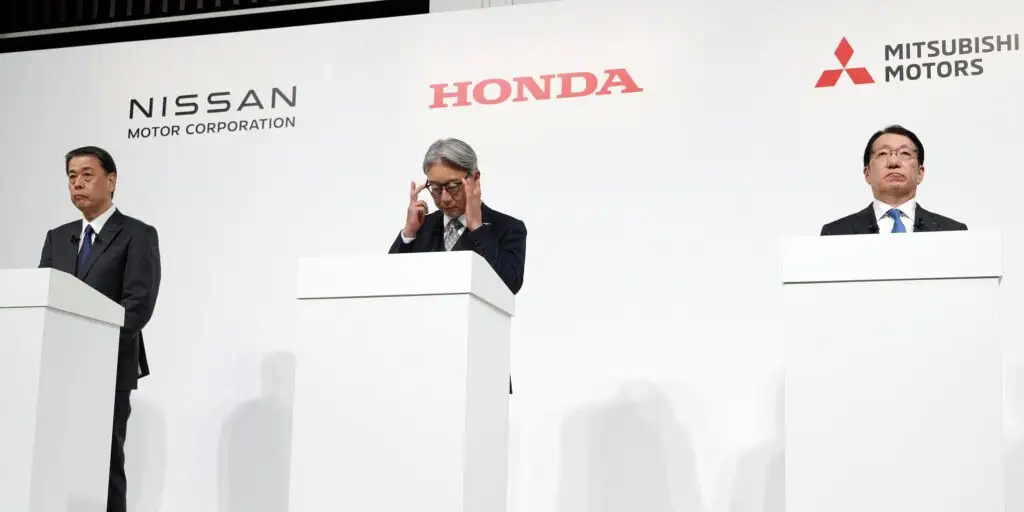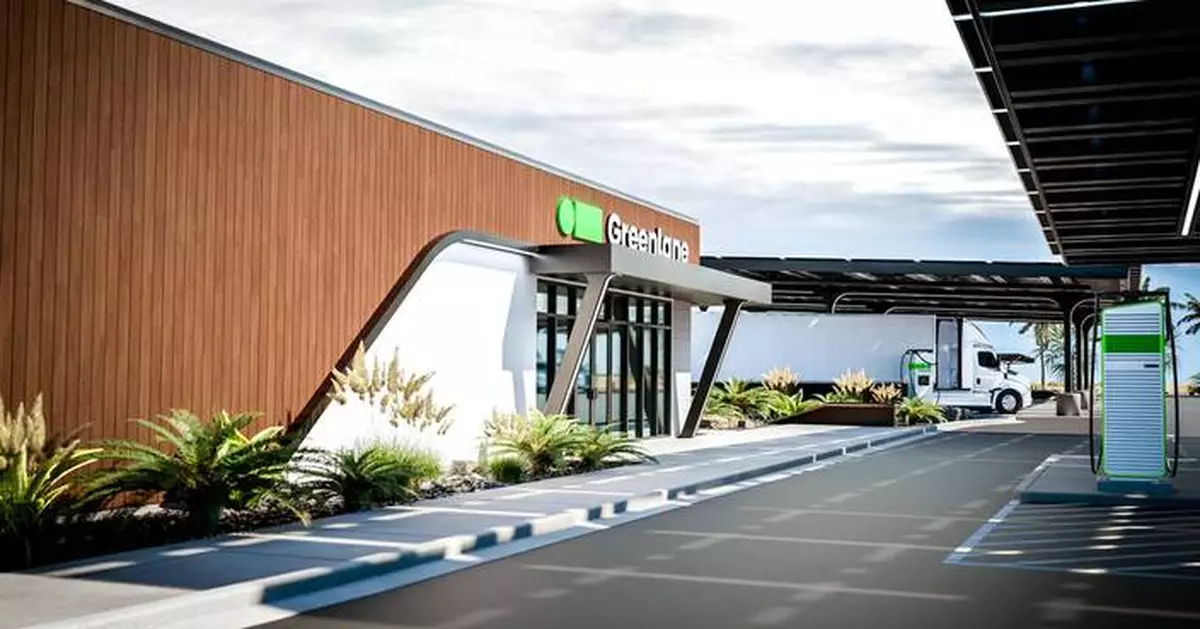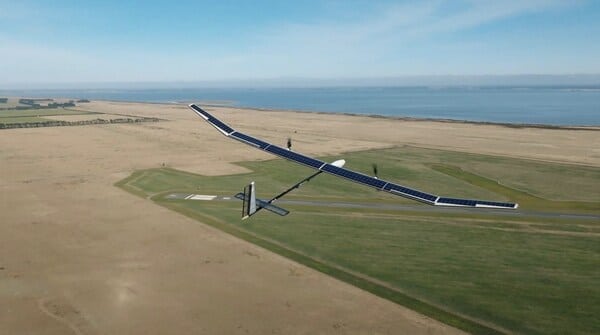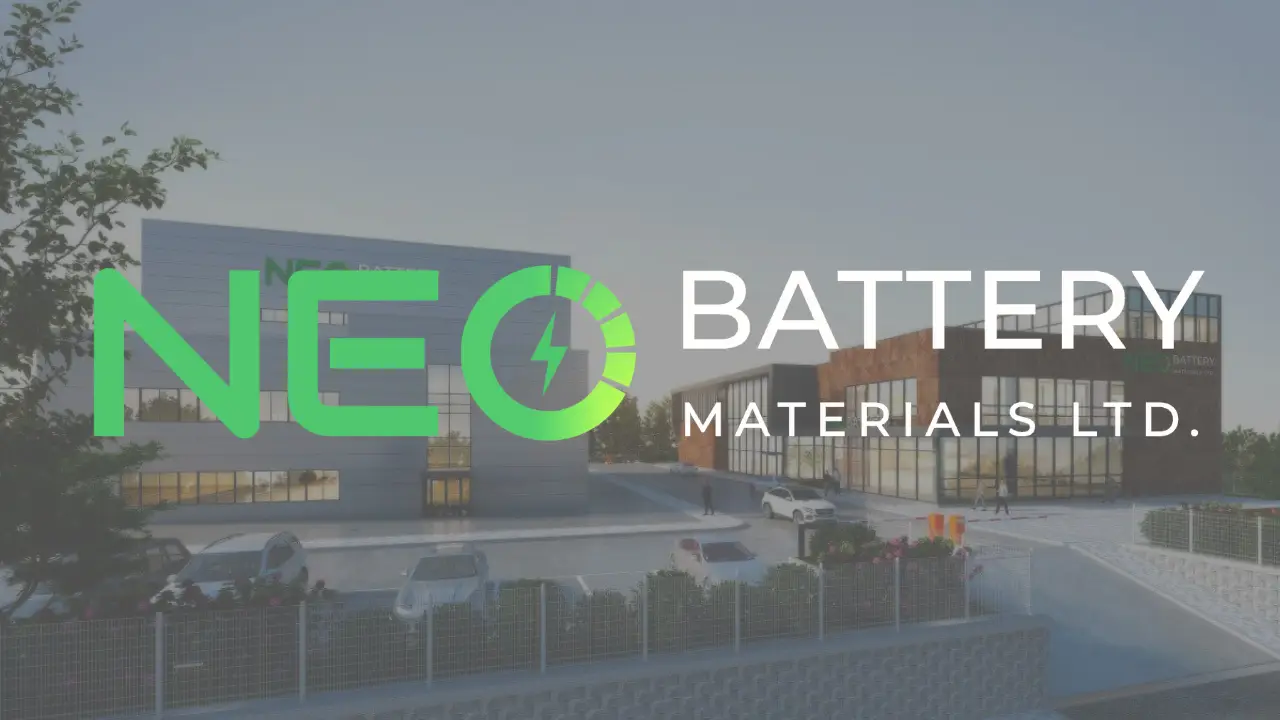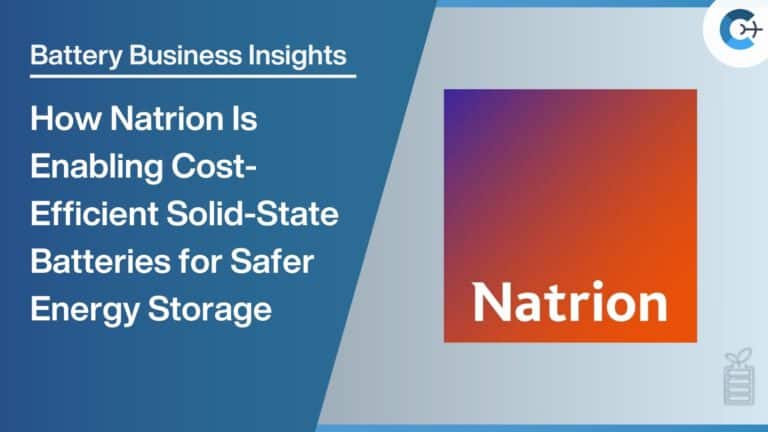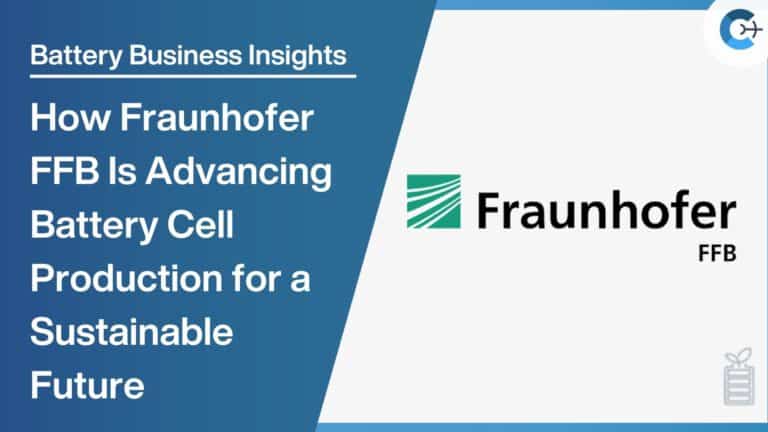Honda, Nissan, and Mitsubishi have confirmed they are in discussions regarding a potential three-way merger, as the Japanese automakers face declining sales and intensified competition from Chinese brands. On Monday, the companies announced that Honda and Nissan have agreed to “start consideration towards a business integration through the establishment of a joint holding company,” with Mitsubishi expected to decide on its participation by the end of January.
The proposed merger would unite Japan’s second- and third-largest car manufacturers—Honda and Nissan—along with the smaller Mitsubishi. This consolidation is seen as a defensive strategy to pool resources amid significant challenges in the automotive industry. If realized, the merger would create the world’s third-largest automaker by annual sales, following Japan’s Toyota and Germany’s Volkswagen.
The Impact of Electric Vehicles on Japanese Automakers
While Toyota has maintained financial resilience, partly due to its early lead in hybrid vehicle technology, other Japanese automakers are grappling with the financial demands of transitioning from traditional gasoline and diesel engines to cleaner electric vehicles. Hybrids, which combine a gasoline engine with a smaller battery, remain less expensive to produce, but the global market is rapidly shifting toward fully electric vehicles.
Chinese manufacturers like BYD and SAIC have aggressively targeted the electric vehicle sector, seeking to expand their global market share. Reports suggest that China’s Foxconn, known for manufacturing iPhones under contract with Apple, had initiated preliminary discussions about possibly acquiring either Honda or Nissan. This potential move may have accelerated merger talks among the Japanese firms.
Financially, Honda holds a market value of 6.74 trillion yen (approximately $61 billion), compared to Nissan’s 1.67 trillion yen and Mitsubishi’s 717 billion yen. In 2023, Honda sold 3.8 million vehicles, demonstrating greater efficiency than Nissan, which sold 3 million vehicles but has a market value roughly a quarter of Honda’s. Mitsubishi sold 700,000 vehicles in the same year.
Nissan has faced challenges in recent years, including declining profits and the fallout from the arrest of its former CEO, Carlos Ghosn, in 2018. Ghosn, who fled Japan in 2019 while awaiting trial, expressed skepticism about the merger plans, stating that they “do not make sense” and are unlikely to succeed. He argued that Honda and Nissan are too similar, leading to “duplication everywhere” without significant benefits.
What a Merger Could Mean for Honda, Nissan, and Mitsubishi
Despite these concerns, the three companies stated that the talks are a response to “the dramatic changes in the environment surrounding both companies and the automotive industry.” Honda CEO Toshihiro Mibe noted that such a significant industry shift occurs “once every 100 years,” highlighting the fundamental move toward electric vehicles. He indicated that Honda and Nissan aim to “clarify the possibility of business integration by around the end of January,” in coordination with Mitsubishi’s considerations.
Nissan CEO Makoto Uchida emphasized the potential synergies, stating, “Honda and Nissan have begun considering a business integration and will study the creation of significant synergies between the two companies in a wide range of fields.” The merger discussions suggest a strategic effort to adapt to the evolving automotive landscape and address the challenges posed by technological advancements and global competition.
Source: The Guardian

